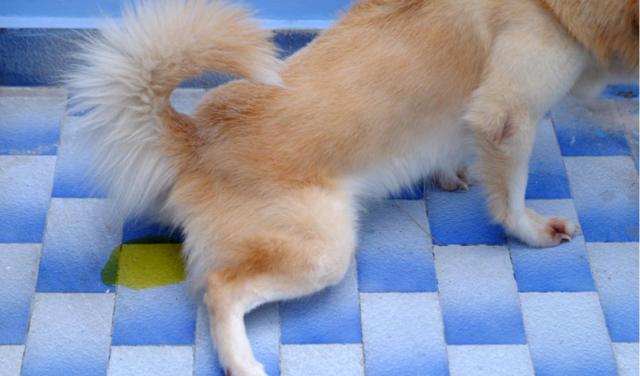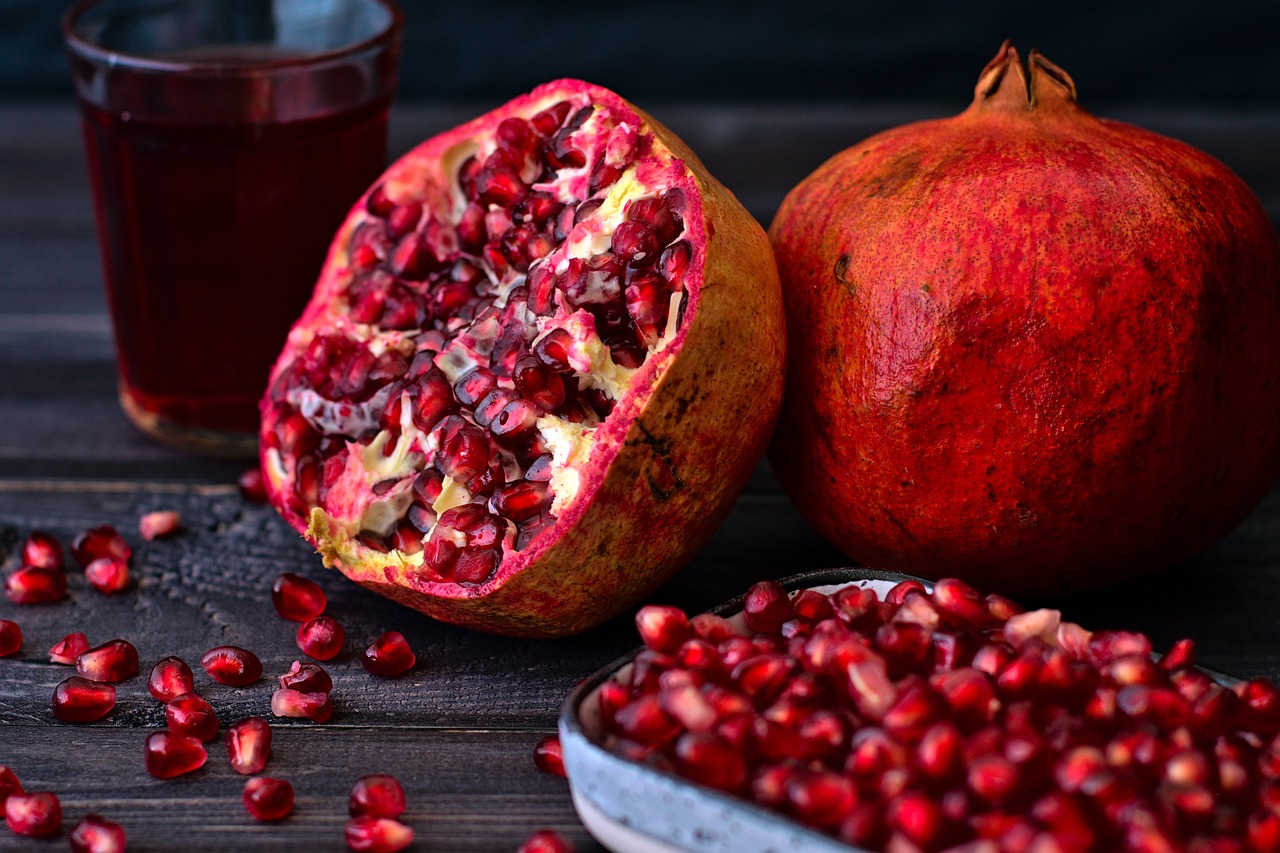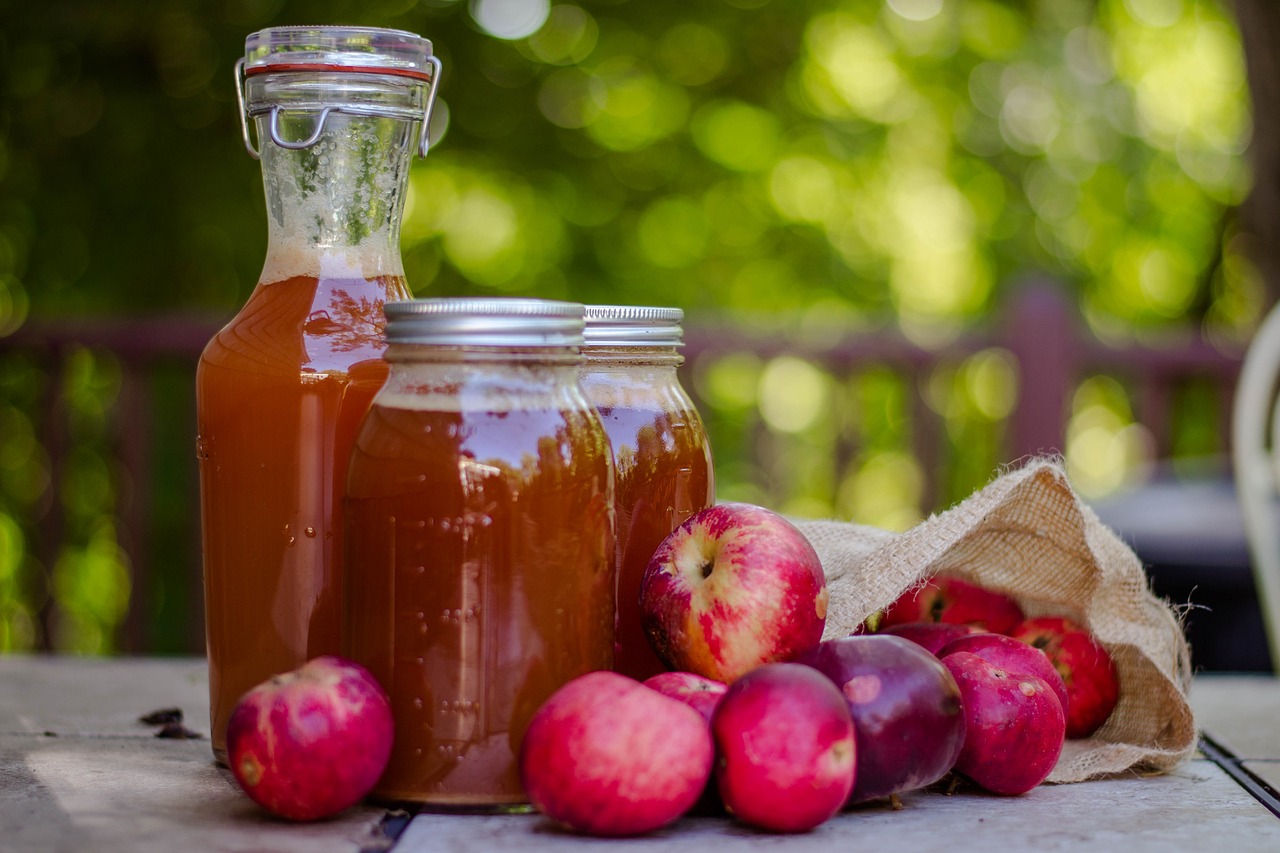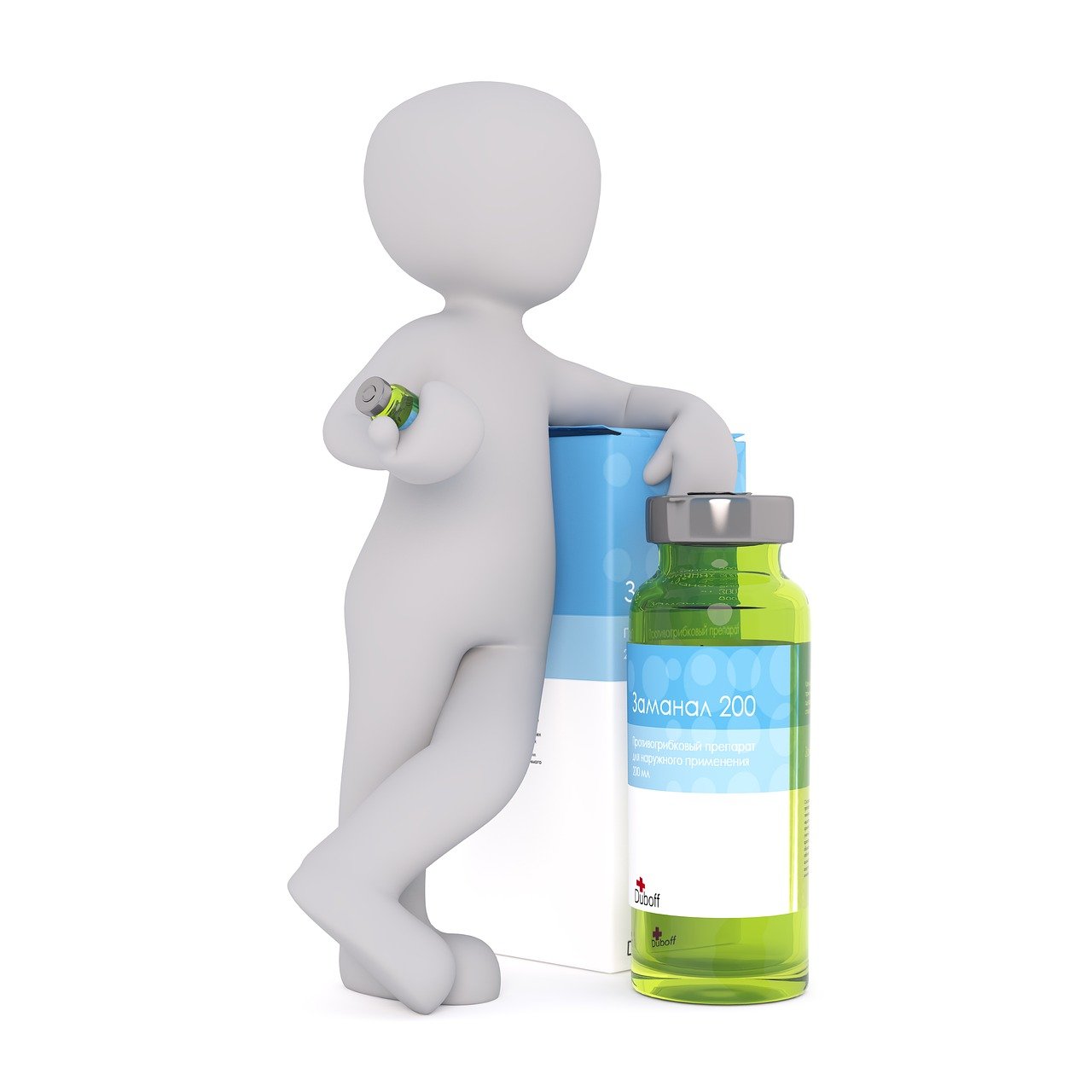


Let’s Learn About The Symptoms And Risk Factors Of Cystitis In Dogs
- If you suspect your dog may have a urinary bladder infection, there are a few signs to look out for. Please watch for signs of discomfort or pain when your dog urinates. These can include frequent urination, straining to pee, strong urine smell, blood in urine, or urinating in unusual places.
- It’s important to note that there are several reasons why a dog may develop a urinary bladder infection. Some common causes include bacterial infections, stones in the urinary tract, bladder cancer, or a weakened immune system. By knowing about these possibilities, you can better determine the cause of your pet’s discomfort and take the appropriate steps to ensure that proper treatment is given.
- If your dog exhibits UTI symptoms, seeking veterinary attention to prevent further complications is best. If a dog’s urinary bladder infection is not treated, it can lead to serious health complications. The condition can spread to other parts of the dog’s body, causing kidney damage, sepsis, and even death in severe cases. Early treatment can prevent the condition from worsening and improve your dog’s health and well-being. Always watch your dog’s health and behavior, and don’t hesitate to seek professional help. Meanwhile, you can do a few things at home to help treat and prevent your furry friend’s discomfort.
Let’s Explore The Best Food Options For Dogs With Urinary Tract Infections.

FRESH IC WATER
- A mixture of ice cubes and water can be an effective home remedy for treating urinary bladder infections in dogs. The cold temperature of the ice cubes helps to soothe the inflammation and irritation in the urinary tract. In contrast, the water helps to flush out any bacteria that may be present. This remedy should not be used as a substitute for veterinary care but can be a helpful complement to prescribed treatments.

CRANBERRY JUICE
- Consider adding cranberry juice or supplements to their diet. To ensure the safety and well-being of your pet, it is recommended to mix a small amount of cranberry juice or supplement with water to dilute it before giving it to them. This way, they can still enjoy the taste and potential benefits without any adverse side effects. In addition to helping prevent UTIs, cranberry has anti-inflammatory properties that can benefit your dog’s overall health. It’s always best to consult with a veterinarian before making any dietary changes to ensure your furry friend gets the proper nutrition and care they need.

POMEGRANATE
- Have you ever considered giving your dog a pomegranate? It’s excellent for their urinary bladder health! Pomegranate contains antioxidants and anti-inflammatory properties that can help reduce inflammation and irritation in your dog’s bladder. It can also help prevent urinary tract infections and other bladder-related issues. So, next time you’re at the grocery store, consider picking up some pomegranate for your furry friend!

NATURAL DIURETICS
- Give your dog some natural diuretics, like parsley or dandelion root. These can help increase urine production and flush out any toxins in their bladder. These options can help increase urine output and flush out any bacteria causing the infection. However, you must consult your veterinarian before significantly changing your dog’s diet or treatment plan.

BLUEBERRIES
- Blueberries have antibacterial properties that can help fight the infection. Plus, they are a tasty and healthy treat for your pup! Blueberries are generally considered safe for dogs in moderate amounts, but eating too many can cause gastrointestinal. Please limit the blueberries you give your canine friend and monitor them closely for signs of discomfort.

APPLES
- For dogs with urinary bladder infections, apple slices can be a helpful snack. Apples are a good source of fiber and contain antioxidants that can promote a healthy urinary tract. Please remember to remove the seeds and cores when you share apples with your furry friends. These parts of the fruit can be harmful to dogs if ingested. It’s better to be safe than sorry, so take a moment to remove these parts before giving your dog a tasty treat.

APPLE CIDER
- If you’re a dog owner, you may know that struvite stones can be a common problem. However, regular consumption of apple cider vinegar (ACV) can help prevent the formation of these stones in dogs. By acidifying your dog’s urine, you can discourage the formation of struvite stones. It is highly recommended to buy raw, organic, and unfiltered ACV to ensure maximum benefits. Once you have purchased the ACV, you can mix it with your dog’s food or water, depending on what your dog prefers. The amount of ACV to be mixed should be based on your dog’s weight for optimal results. This simple step can help protect your furry friend from painful and uncomfortable struvite stones.

WATERMELON
- Watermelon can be beneficial for dogs dealing with urinary bladder infections. Watermelon is a great source of hydration and contains natural compounds that can help soothe inflammation in the bladder. Plus, most dogs absolutely love the taste of watermelon, making it an easy and enjoyable way to help them feel better. Just be sure to only offer your pup small amounts of watermelon at a time to avoid any potential digestive issues.

DOG SUPPLEMENT
- You can consider several supplements to help relieve your dog’s bladder infection symptoms. Cranberry extract is a popular choice, as it can help prevent bacteria from adhering to the bladder wall. D-mannose is another supplement that can help flush out bacteria from the urinary tract. Another option is probiotics, which help keep his gut and urinary tract bacteria balanced. The next option is omega-3 fatty acids, which have anti-inflammatory properties and could benefit him. Always consult your veterinarian before giving your dog any new supplements or medications to ensure the best treatment for your furry friend.
- Finally, be sure to take your dog outside frequently to urinate. This will help prevent any buildup of bacteria in their bladder. Remember, if you notice any signs of pain or discomfort in your dog persist or worsen, you must seek veterinary care immediately.
HOW DO DOGS GET STONE IN THE URINARY BLADDER?

- Dogs can develop stones in their urinary tract due to various factors such as diet, genetics, and underlying medical conditions. The stones can form when minerals in the urine crystallize and clump together. Male dogs are more prone to developing urinary tract stones due to their longer and narrower urethra. Symptoms of urinary tract stones in dogs include difficulty urinating, bloody urine, and frequent urination. If you suspect your dog has urinary tract stones, it’s essential to seek veterinary care as soon as possible to prevent complications.